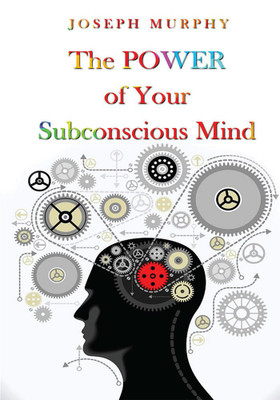
Andrei Platonov (English, Hardcover, Seifrid Thomas)
Share
Andrei Platonov (English, Hardcover, Seifrid Thomas)
Be the first to Review this product
Special price
₹3,800
Coupons for you
T&C
Available offers
T&C
T&C
T&C
Delivery
Check
Enter pincode
Delivery by21 Jul, Monday
?
View Details
Highlights
- Language: English
- Binding: Hardcover
- Publisher: Cambridge University Press
- Genre: Literary Criticism
- ISBN: 9780521405225, 9780521405225
- Pages: 292
Services
- Cash on Delivery available?
Seller
Description
The Soviet writer Andrei Platonov (1899-1951) belongs to a Russian philosophical tradition that includes such figures as Vladimir Solov'ev, Mikhail Bakhtin and Boris Pasternak. This 1992 study investigates the interrelation of themes, imagery and the use of language in his prose. Thomas Seifrid shows how Platonov was particularly influenced by Russian utopian thought of the late nineteenth and early twentieth centuries, and how his world view was also shaped by its implicit dialogue with the 'official' Soviet philosophy of Marxism-Leninism, and later with Stalinist utopianism. He discusses how in Platonov's masterpieces of the late 1920s and early 1930s linguistic parody comes together with existential angst and dystopian doubts about the course of Soviet history. The study concludes with consideration of the works Platonov wrote from 1934 to 1951, in the age of socialist realism. In these, he manoeuvred to preserve some of the essentials of his earlier world view and verbal manner while fusing them to the literary formulae that were expected of him.
Read More
Specifications
Book Details
| Imprint |
|
Series & Set Details
| Series Name |
|
Dimensions
| Width |
|
| Height |
|
| Length |
|
| Weight |
|
Be the first to ask about this product
Safe and Secure Payments.Easy returns.100% Authentic products.
Back to top






